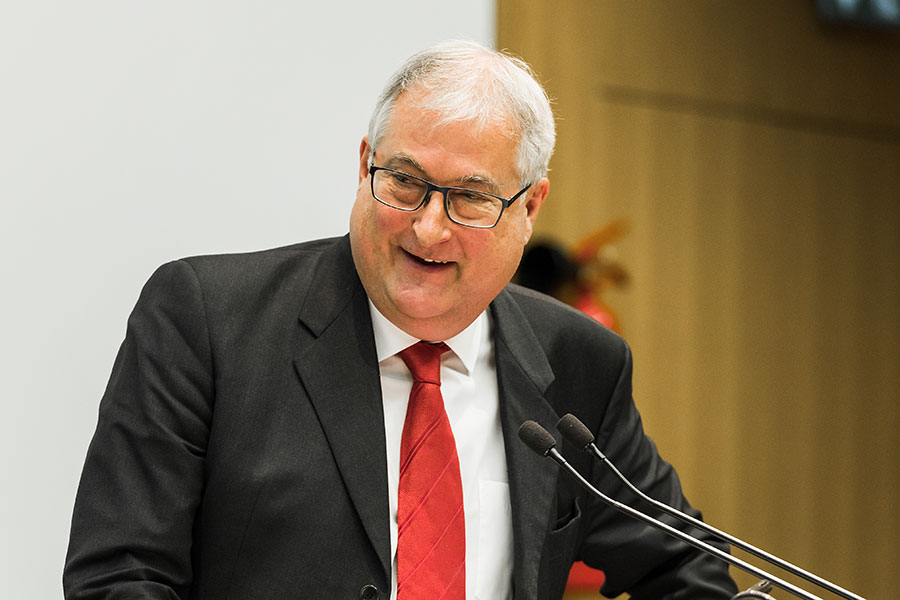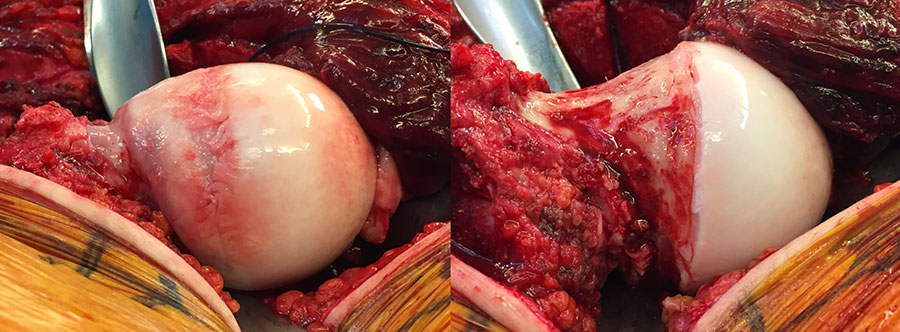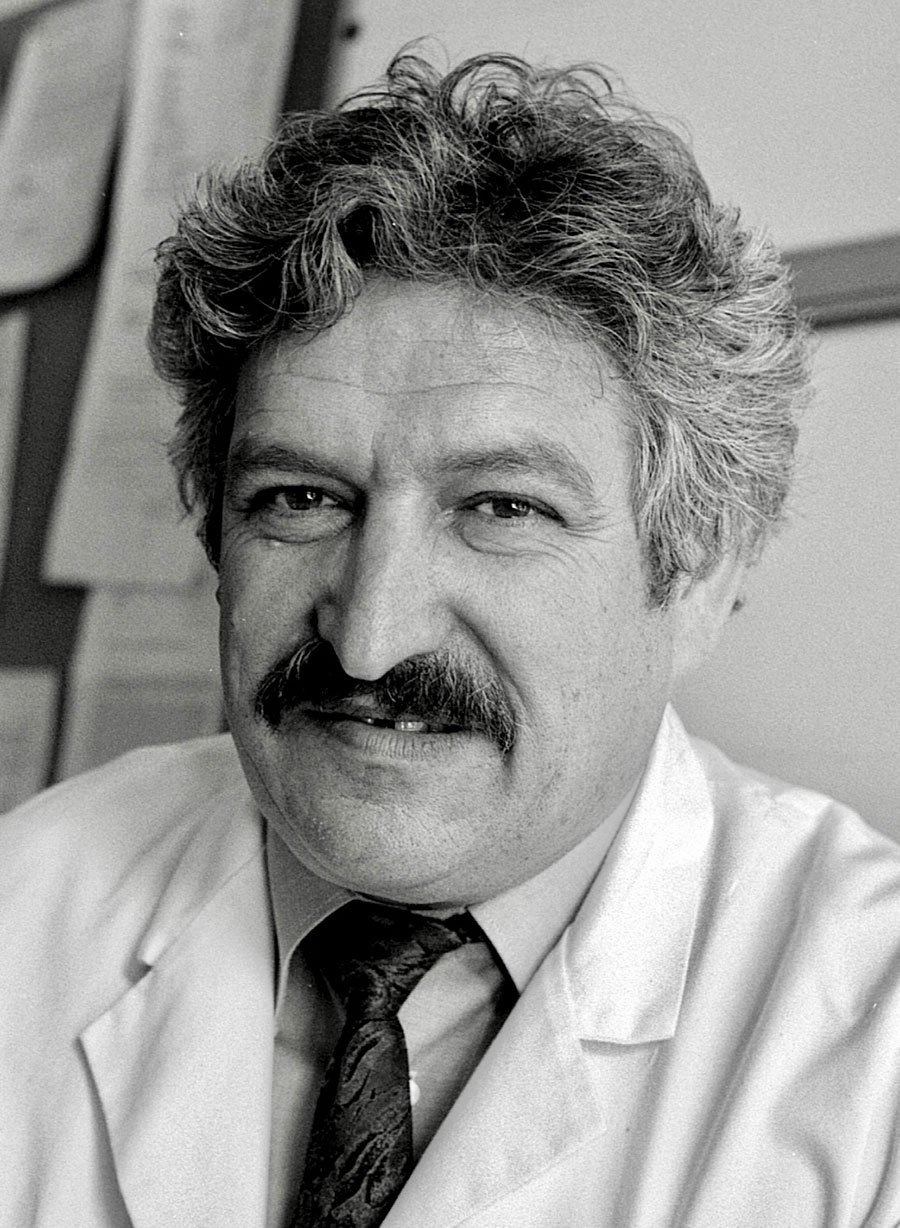The Department of Orthopedic Surgery and Traumatology at Bern’s Inselspital has a long-standing tradition dating back to Prof. Maurice E. Müller, who served as director of the department from 1963 to 1980. The achievements and innovations in orthopedics and trauma surgery from Bern remain globally significant to this day. In the 1960s, Prof. Müller played a key role in the development of the total hip replacement and pioneering osteosynthesis techniques. As a founding member of the International Hip Society and the AO Foundation (Arbeitsgemeinschaft für Osteosynthesefragen), he was a pioneer of modern orthopedic surgery.
His successor, Prof. Reinhold Ganz, director of the department from 1981 to 2004, is considered a trailblazer in joint-preserving hip surgery. Innovations such as the periacetabular osteotomy, the safe surgical dislocation of the hip without the risk of avascular necrosis, and the discovery of femoroacetabular impingement are milestones in hip surgery.
From 2004 to 2024, Prof. Klaus A. Siebenrock served as director of the department. Under his leadership, the hip-preserving surgery program reached the highest level of excellence. Every two years, the Bernese Hip Symposium attracted the world’s leading experts in hip surgery to Bern.
Since 2024, Prof. Dr. Moritz Tannast has led the Department of Orthopedic Surgery and Traumatology at Inselspital. A representative of the "Bernese School," known for innovation and excellence in hip surgery, Prof. Tannast is an internationally recognized specialist with a focus on hip and pelvic surgery. As the new organizer of the Bernese Hip Symposium, he continues the tradition of knowledge transfer and excellence in hip surgery.
Since its inception in 1975, the Bernese Hip Symposium has evolved over the decades into one of the most important platforms in international hip surgery. Every two years, more than 300 renowned experts from around the world convene to exchange knowledge on the latest advancements and developments in joint-preserving hip surgery.

Prof. Dr. Klaus Siebenrock was the director of the department from 2004 to 2024. Under his leadership, joint-preserving techniques were further developed and scientifically validated. He organized the Bernese Hip Symposium a total of eight times and was instrumental in the international implementation of new concepts in hip surgery.

In the 1990s, Prof. R. Ganz developed the surgical hip dislocation. This procedure allows dislocation of the hip without the risk of avascular necrosis. This innovative way of accessing the hip joint lead to new understanding of various hip pathologies such as femoroacetabular impingement and cleared the way for innovative surgical therapy.

In 1984, Prof. Prof. R. Ganz performed the first periacetabular osteotomy (PAO). Compared to earlier osteotomies, this type of pelvic osteotomy has the benefit of very high acetabular reorientation potential in combination with improved pelvic ring stability due to the intact posterior column. In the meantime, PAO has become the gold standard in the treatment of hip dysplasia.

Prof. Dr. med. R. Ganz was Director of the Department of Orthopaedic Surgery and Traumatology at the Inselspital from 1981 to 2004. He pioneered hip joint preservation surgery. His achievements, including periacetabular osteotomy, safe surgical dislocation of the hip without risk of necrosis and the discovery of femoroacetabular impingement, represent milestones in hip surgery.
